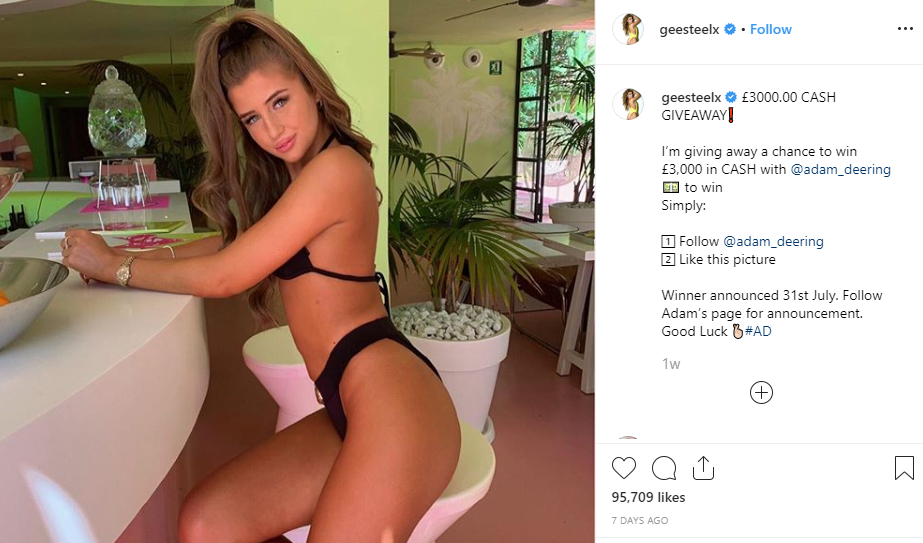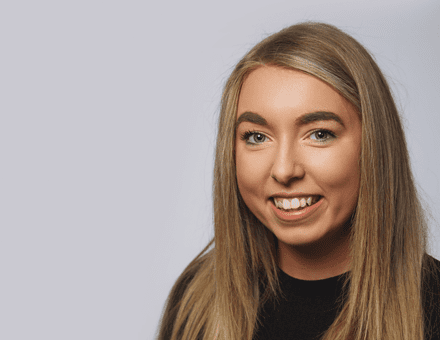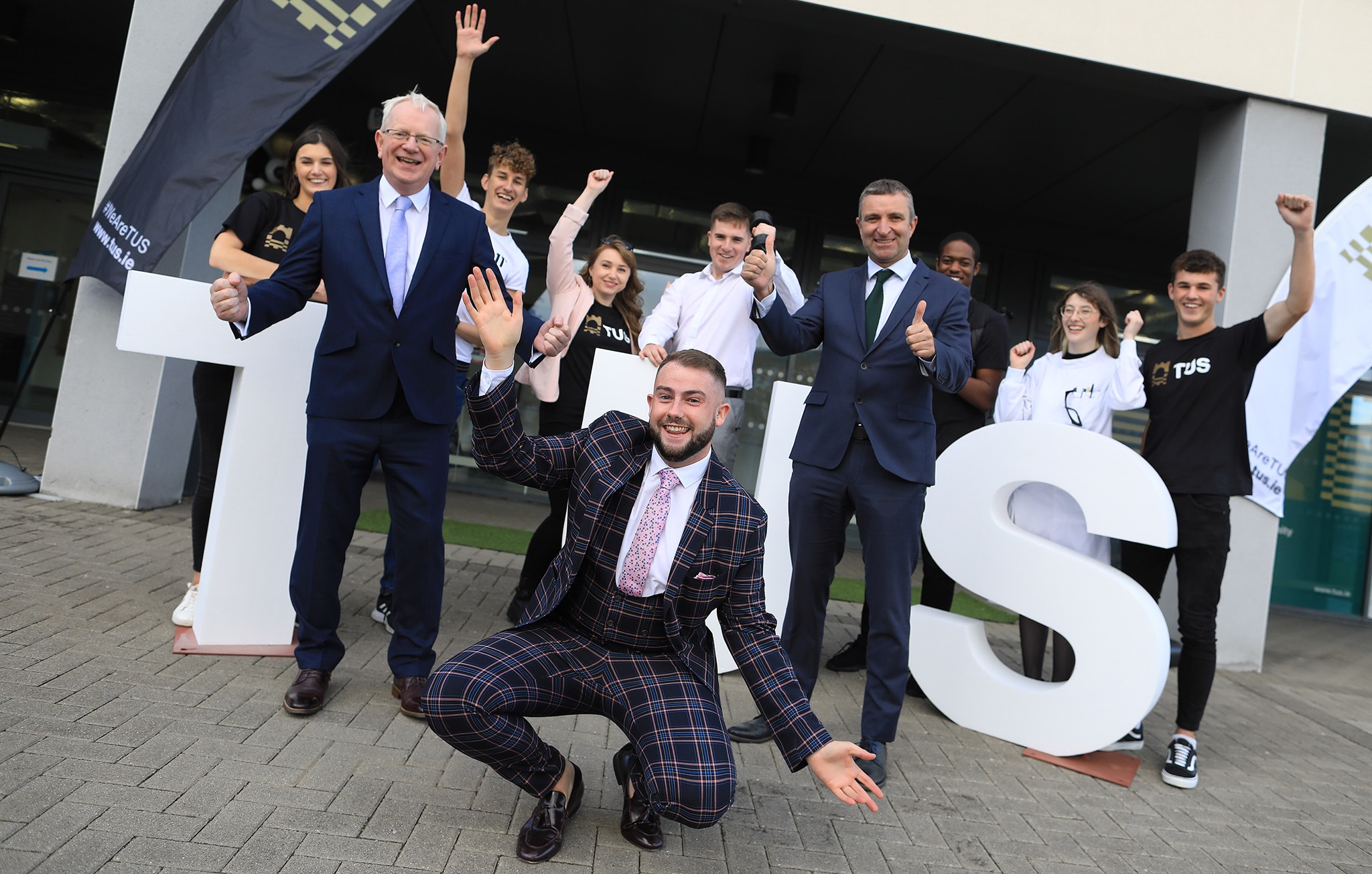I unlocked my phone, and my finger (without thinking) automatically clicked onto the Instagram app.
The first thing I saw was a stunningly beautiful girl in a bikini with an amazing figure, on a picturesque beach in some dreamy location, holding a bottle of sunscreen.
How random? Well actually, it’s not. The brand of sunscreen that this beautiful influencer is holding, paid her (quite a lot of money) to post a picture of herself with their product.
We like to think that we are clever and that we don’t buy into what these influencers are selling, but we do.
We love to follow them and we do seem to value their opinion. We know that these people are paid to promote products but once they say that they “love” them, we try to resist their “influence”, but more often than not, we will purchase the latest product off the back of our favourite influencer’s recommendation.
It is a guilty pleasure of mine that I love to follow some fabulous, Irish influencers.
However, when I scroll through their Instagram feed for some outfit inspiration for an upcoming event, I can’t help but notice the #AD #SP #AF at the end of a large number of their posts.
Okay, yes, they are acknowledging that their post is an AD or Sponsored but not everybody is aware of what these hashtags mean.
The Advertising Standards Authority of Ireland (ASAI) have enforced rules, which influencers MUST comply with when posting content which has been paid for by another brand/ company.
For a long time, influencers have been getting away with posting content and hiding the fact that they have been paid for it. With the rise of online influencing, the ASAI has been keeping a much closer eye on these posts and making sure that the “paid for” content is clearly marked and not misleading to the influencer’s followers.
It is quite clear that ITV’s, Love Island has been the most watched and talked about TV show of 2019, with over 3.4 million viewers per night, and the show takes over Twitter’s Trending and Moments sections every night.
Many of the contestants social media following has jumped from just a couple of hundreds or thousands to nearly hitting the million mark in just under eight weeks. So it is without a doubt that the Love Island contestants are set for “influencer-dom” and are guaranteed multiple sponsorship deals the moment they get out of the villa.
The ASA in the UK has partnered up with ITV to supply the contestants with a workshop and a “social media advertising” survival kit for when they leave the villa. This is to ensure that the contestants comply with all of the advertising rules and clearly mark that their posts are sponsored or an Ad.
It is quite difficult now to work with influencers and negotiate their job without having to go through their agents.
Many people wonder if it is worth paying Instagram/ Social Media Influencers such large amounts of money for one static post on their feed and three frames on their story (30 seconds)?
However, in my opinion, yes it is worth it (product dependant obviously) as long as this person is genuine about the product they are endorsing and is not there ‘just’ for the money.
Influencer’s are still able to “influence” their followers to purchase the product that they are paid to promote even with or without the #AD at the end of the post!









